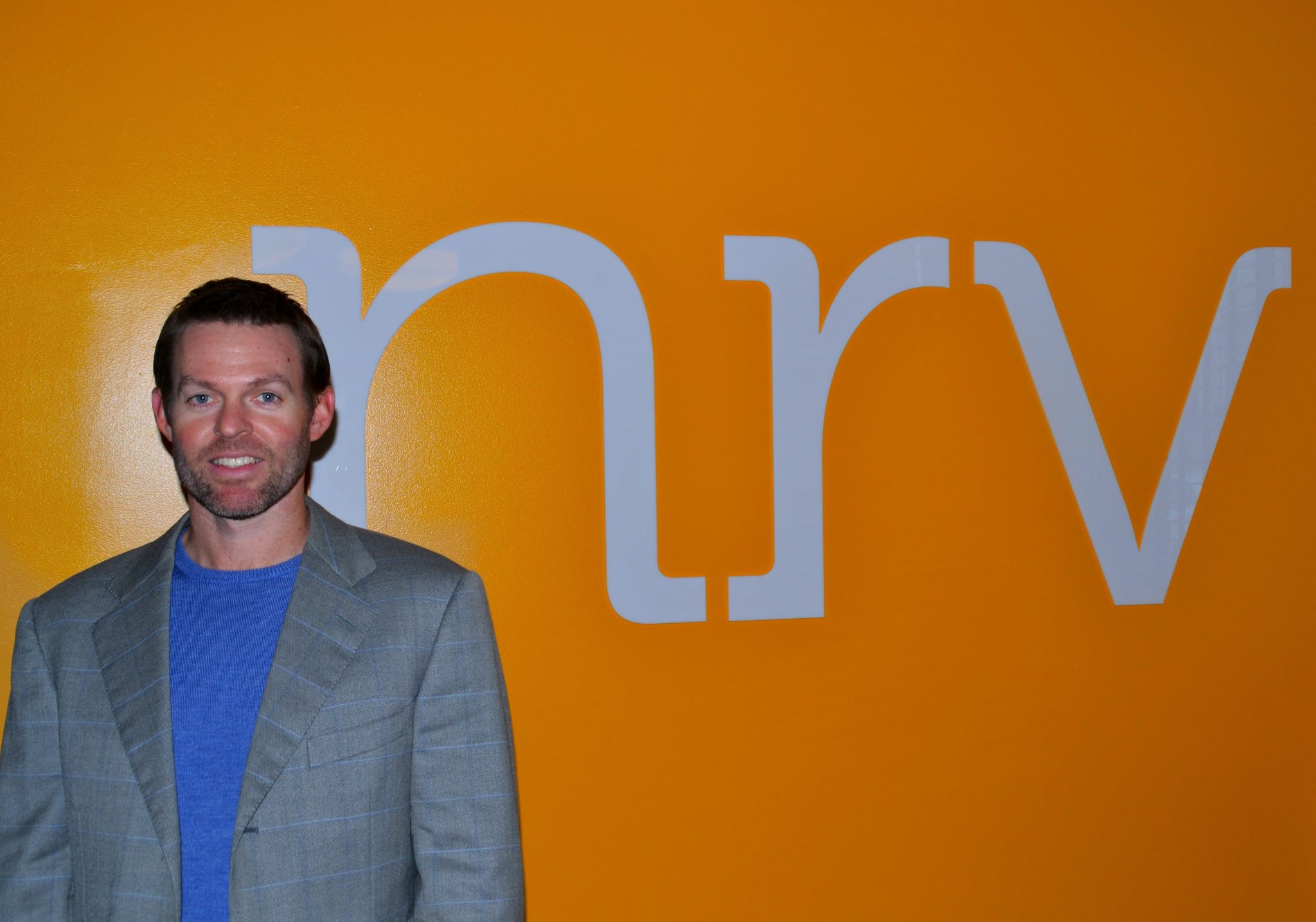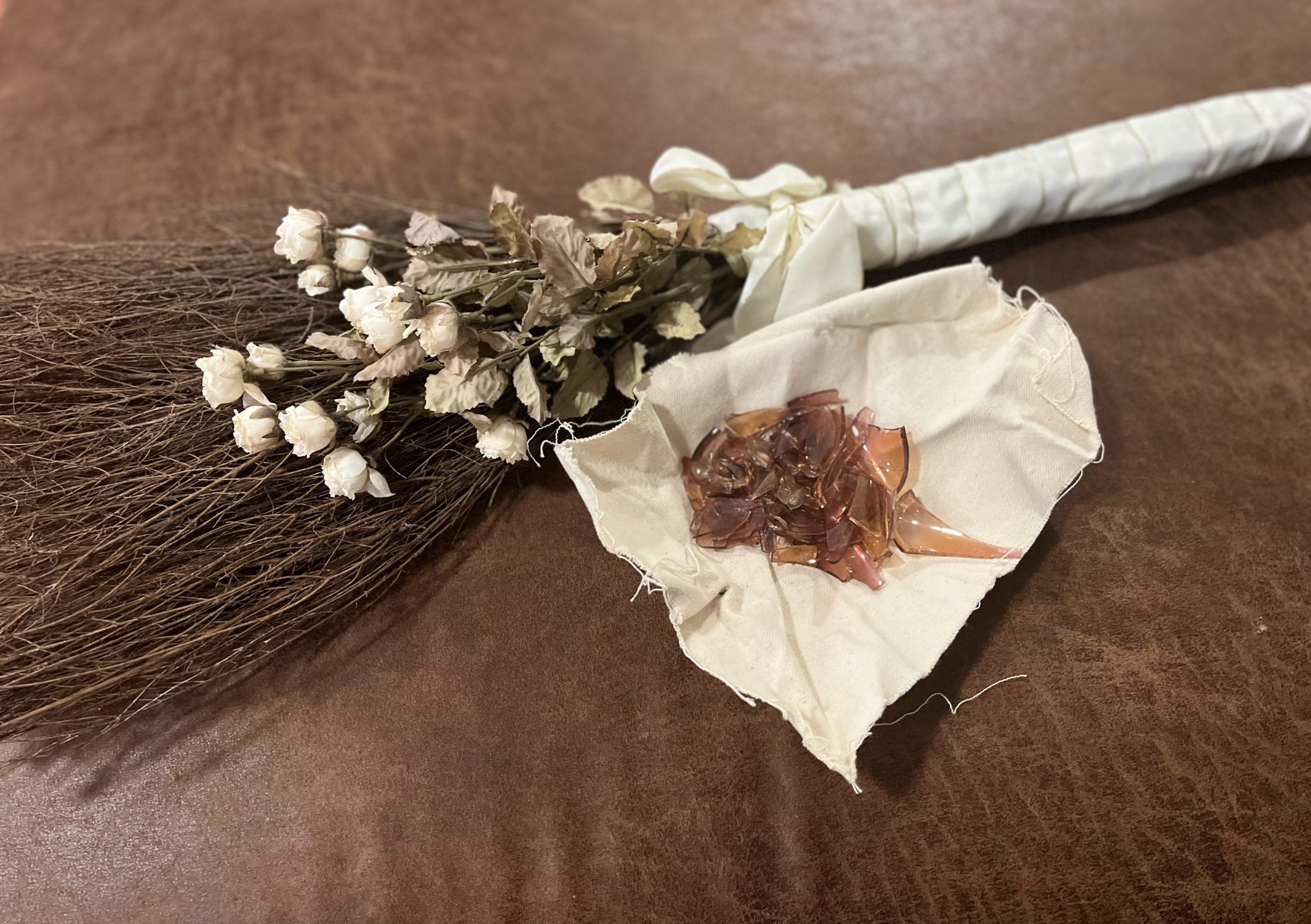Paul Nolde

Even though I have been the person curating the “Share More Strength” series, I never expected the stories I’ve encountered to become such a huge part of my life. I have found myself traveling and talking to so many amazing people to be able to learn more about how different people define strength in their lives. Most recently my journey brought me to New Richmond Ventures (NRV) to spend an afternoon with Paul Nolde and to hear about his journey through the corporate world. When I first thought of this series, I never intended it to be a space for me or others to brag about successes. As I began to interview Paul Nolde, who is one of the most successful people I have ever met, I wondered if, for better or worse, I ended up in the wrong place. Then he began to explain to me one of the sources of what he called “humble confidence.” He recalled when he was in his twenties and was laid off twice from different banking jobs. My fingers stopped transcribing his words for a second to process what I just heard. “You were laid off twice? And that’s why you’re confident?” I replied in confusion. I reached the conclusion in my mind that I was, in fact, in the wrong place; except it wasn’t because Paul is too successful, it was because he is outright crazy. He smiled and explained to me that confidence comes from not just our successes, but our failures, and especially from the people that are around us who encourage us and lift us back up when we fail. He said, “that’s what humble confidence is all about.”
One of the things I observed early on is Paul takes time and care into explaining who he is and what he does. This world is riddled with titles: from titles like marketing agent to economics major to son to father; titles quickly let others know who we are and what we do. However, when I asked Paul to explain what he does, he quickly told me that he doesn’t always like the titles given to him. Paul is the Director of Business Development at NRV, where he focuses on finding new investment opportunities, managing client relationships, as well as serving on boards of various companies; however, he says that NRV is so team-oriented that he prefers to just go by “one of the directors at NRV”. It’s an intentional choice for him to choose instead to be titled and known by his team rather than his own personal position. For the past half-decade, Paul has been known as what is known in the business world as a “venture capitalist”, which means he helps smaller companies realize their goals through financial and managerial support. Paul even pushed back against that title. Explaining to me that in his mind, venture capitalists are the giants of the business he is in and to be considered one you need to have at least a decade of experience and the proper successful investments to show for it. He said he would rather be known as a student of the trade or a venture capitalist in training. He intentionally withholds himself from these titles he’s been given; he does this to remind himself that there are always ways to improve and not to take his title for granted.
This is where the aforementioned layoffs come into play. Paul graduated from UVA in 2001 and found himself in the banking world in Atlanta, Georgia. He recalled a moment when he was kicked out of a University of Georgia job fair because he wasn’t technically a student. Paul walked to the bookstore bought a Georgia t-shirt and walked right back into the fair. It’s this sort of determination that allowed him to later keep moving forward after losing a job twice. It was during the Great Recession and both times his whole team had to be laid off. He said it taught him to remember that at the end of the day all we have is our names and the reputation that comes along with it. So many things are variable: your job, friends, where you live, but our names stay with us. If you invest enough time and energy into building up the brand of your name, you will have the confidence to tackle any obstacle that might come your way. He told me that nothing is certain and you might never when to expect the worst to happen; however, that also means you might never expect the best to happen. While it was a major setback to have lost his job, the unexpected relationships he made during this time propelled him back into a place where he could get back on his feet. Paul explained that’s why he’s always ready to help out a person in need, no matter how little he knows them. It was this sheer kindness of various people he met along the way, giving him a shot, that it became his priority to live his life doing the same.
When I got around to explaining the series that we’re doing at Share More Stories and asked him about what he thinks strength is, he started by saying he was glad that he doesn’t have to worry that his strength is simply the measure of how much he can bench at the gym. (Don’t worry Paul, I’m right there with you.) He instead began to define strength as a state of mind. The focus of his definition was on self-care and mental well-being. He said as he grows older, strength becomes less about realizing your strengths, and more about realizing and dealing with your weakness. He explained that when you grow up in your teens and through your twenties you are being built up and are identifying your strengths, and then as you refine those, you begin to encounter your weaknesses along the way. For Paul, strength is admitting that he still has a lot to learn to be a father. To him being a father is being able to love his sons as much as they deserve, and he said he always can do better at that. Strength is admitting that he is terrified of losing control, and when he does, he quickly slips into routines of unproductivity. Strength is embracing change and learning to self-care; Paul has always been an extrovert and a people person, but now after work, he would rather go home sit by the fire and enjoy quality time resting with his family For Paul, meditation is a form of self-care; it helps him to stay present in the moment and focused.
What I learned from Paul is that humble confidence is neither brushing off our accomplishments in order to sound humble nor is it harping on our failures. Instead, humble confidence is our ability to learn from our accomplishments as well as our struggles; it is the strength to draw confidence from every one of our experiences. It’s easy to feel good when things go our way, but strength is finding value and purpose when things do not go our way. Paul is a man who is filled with humble confidence, but more importantly, he is a man who is always expressing joy and thankfulness. Throughout our conversation, Paul never let a subject or a question end without first remembering a lesson he learned or a person that helped him out. He displayed the practice of recognizing the struggles for what they are but never letting the struggles win or define us. Paul’s strength comes from his focus on self-care and mental well-being; without this, he would not be able to help people in all the ways that he does now. While Paul Nolde is someone who exemplifies being “humbly confident,” he taught me that humble confidence is not reserved for an exclusive group of people. The choice to practice humble confidence is something we make every day. We have to decide whether we will let our struggles define us, or if, instead, we will rise above and allow them to mold us into stronger people. That is strength.







This is outstanding! I can so relate to Paul’s idea of humble confidence. I have a similar POV, but with a twist: “confident humility.” Check it out: https://sharemorestories.com/friday-focus-practicing-confident-humility/